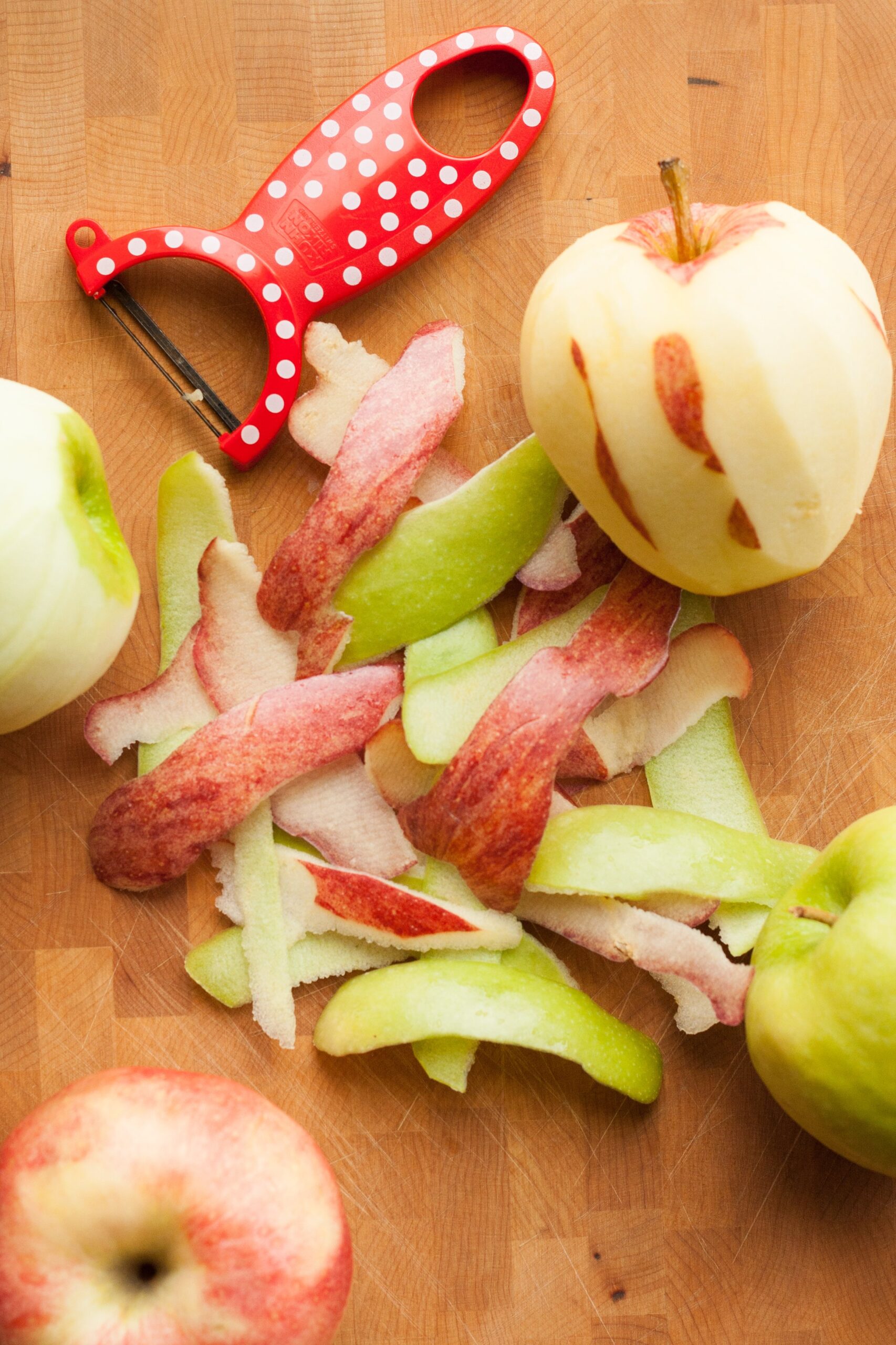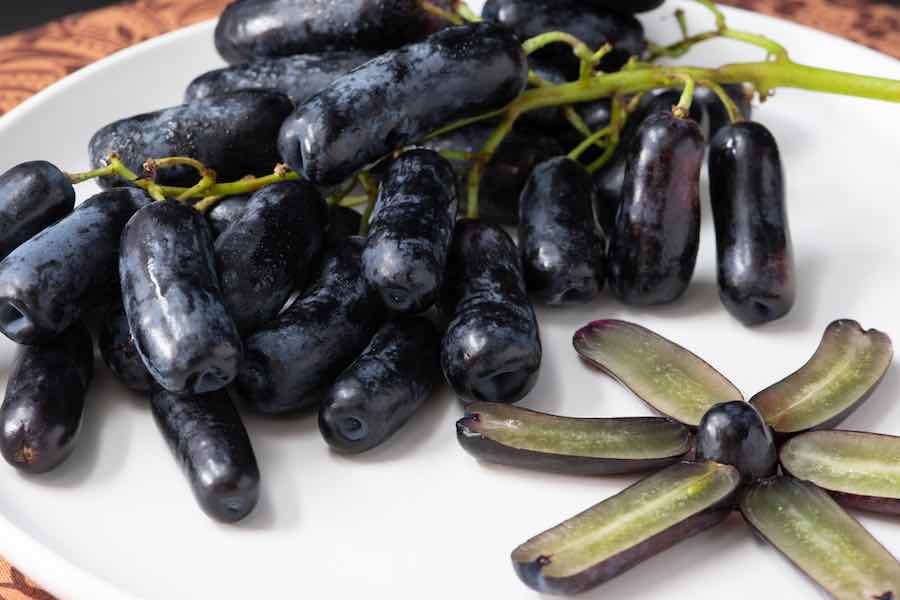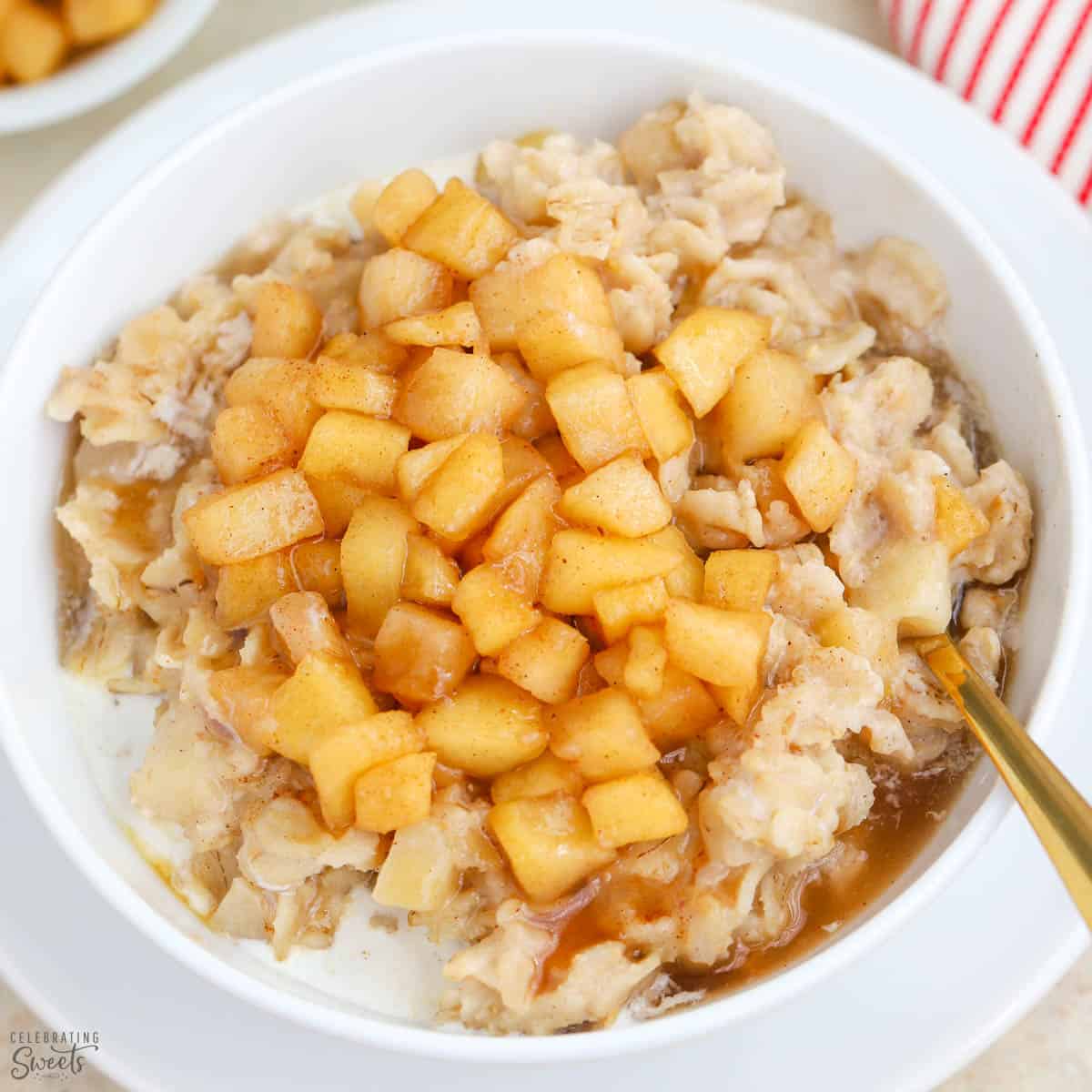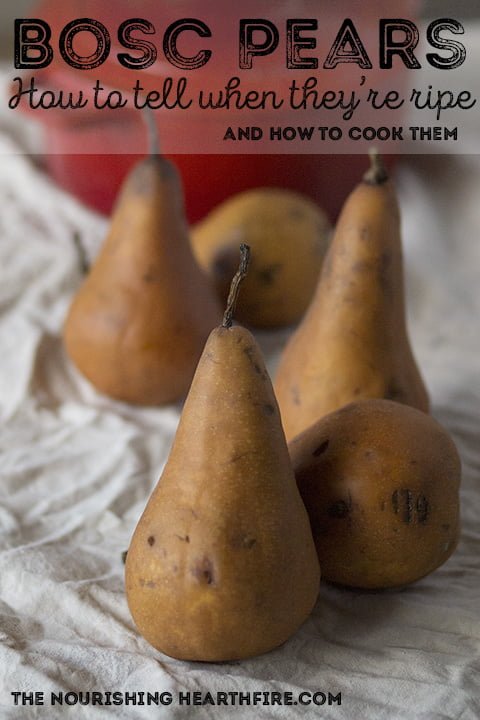In this article, you will discover practical and creative ideas for utilizing those overripe apples that have been sitting in your fruit basket for too long. Waste not, want not, as they say. From turning them into delicious homemade applesauce to baking them into tantalizing apple bread, you will find a range of solutions that will not only allow you to salvage these fruits but also make use of them in innovative and satisfying ways. So, whether you are an avid baker or simply looking for ways to reduce food waste, this article has got you covered with the perfect remedies for those overripe apples staring back at you.
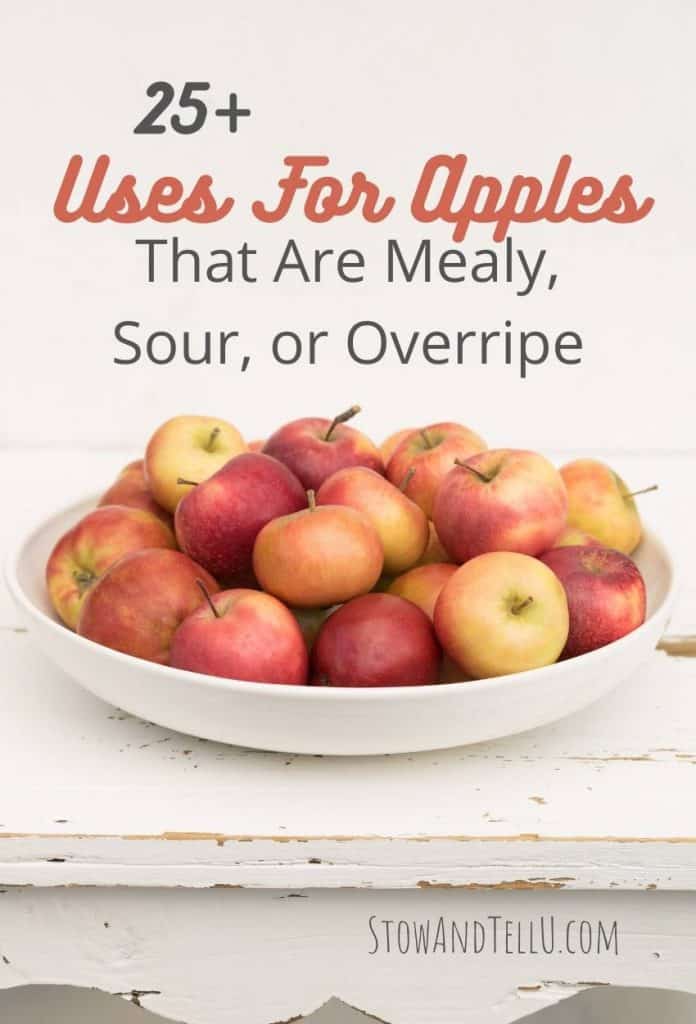
Baking with Overripe Apples
Apple Crisp
When faced with overripe apples, one delicious option is to bake them into an apple crisp. This classic dessert is a crowd-pleaser and a perfect way to use up those apples before they go bad. To make an apple crisp, you’ll need a few simple ingredients such as oats, flour, butter, sugar, and cinnamon. After peeling and slicing the overripe apples, mix them with some sugar and cinnamon, then place them in a baking dish. In a separate bowl, combine the oats, flour, sugar, and butter to create the crumbly topping. Sprinkle the topping over the apples and bake in the oven until golden and bubbly. The result is a warm and comforting dessert that pairs perfectly with a scoop of vanilla ice cream.
Apple Pie
Another classic option for using overripe apples is to bake them into a mouthwatering apple pie. The sweet and tart flavors of the overripe apples are complemented by the buttery and flaky crust, making for a truly divine dessert. Begin by peeling and slicing the apples, then toss them with sugar, cinnamon, and a squeeze of lemon juice. Next, line a pie dish with your favorite pie crust, fill it with the apple mixture, and cover with a second layer of crust. Use a fork or your fingers to seal the edges and make decorative cuts on the top crust. Bake the pie until the crust is golden and the filling is bubbling. Allow it to cool slightly before slicing and serving with a dollop of whipped cream or a scoop of ice cream.
Apple Muffins
For a breakfast treat or a grab-and-go snack, consider making apple muffins with your overripe apples. These fluffy and moist treats are easy to make and can be customized with various add-ins such as nuts, raisins, or a sprinkle of cinnamon sugar on top. Start by mixing together flour, sugar, baking powder, and a pinch of salt in a large bowl. In a separate bowl, whisk together eggs, melted butter, milk, and vanilla extract. Combine the wet and dry ingredients, then fold in the peeled, cored, and chopped overripe apples. Spoon the batter into muffin cups and bake until golden and a toothpick inserted into the center comes out clean. Enjoy these muffins warm or at room temperature for a delightful apple-filled treat.
Cooking with Overripe Apples
Apple Sauce
Making your own apple sauce is a fantastic way to use up overripe apples and enjoy a healthy and versatile ingredient. Start by peeling, coring, and chopping the apples, then place them in a saucepan with a splash of water and some sugar or honey to taste. Add a sprinkle of ground cinnamon or nutmeg for extra flavor. Simmer the mixture over low heat until the apples are soft and can easily be mashed. For a smooth apple sauce, use a blender or an immersion blender to puree the mixture until desired consistency. The apple sauce can be enjoyed on its own, used as a topping for pancakes or yogurt, or incorporated into various recipes such as cakes or muffins.
Apple Butter
Apple butter is a luscious spread that adds a burst of flavor to toast, biscuits, or even roasted meats. To make apple butter with overripe apples, start by peeling, coring, and chopping them into smaller pieces. Place the apples in a slow cooker or a large saucepan along with sugar, cinnamon, cloves, and a pinch of salt. Cook the mixture over low heat, stirring occasionally, until the apples break down and thicken into a rich buttery consistency. If using a slow cooker, allow it to cook on low for several hours, or if using a stovetop, simmer for around 2-3 hours. Transfer the apple butter into jars and store in the refrigerator for up to a month. Spread this delectable treat on your favorite bread or use it as a filling in pastries for a delightful indulgence.
Apple Chutney
For a savory option, consider making apple chutney with your overripe apples. This tangy and flavorful condiment pairs perfectly with cheeses, meats, or even as a topping for sandwiches. To make apple chutney, peel, core, and chop the overripe apples into small chunks. In a saucepan, combine the apples with finely chopped onions, ginger, garlic, vinegar, sugar, and a medley of spices such as cinnamon, cloves, and mustard seeds. Cook the mixture over medium heat, stirring occasionally, until the apples have softened and the chutney has thickened. Allow the chutney to cool before transferring it to sterilized jars. This versatile condiment can be enjoyed immediately or stored in the refrigerator for up to a month.
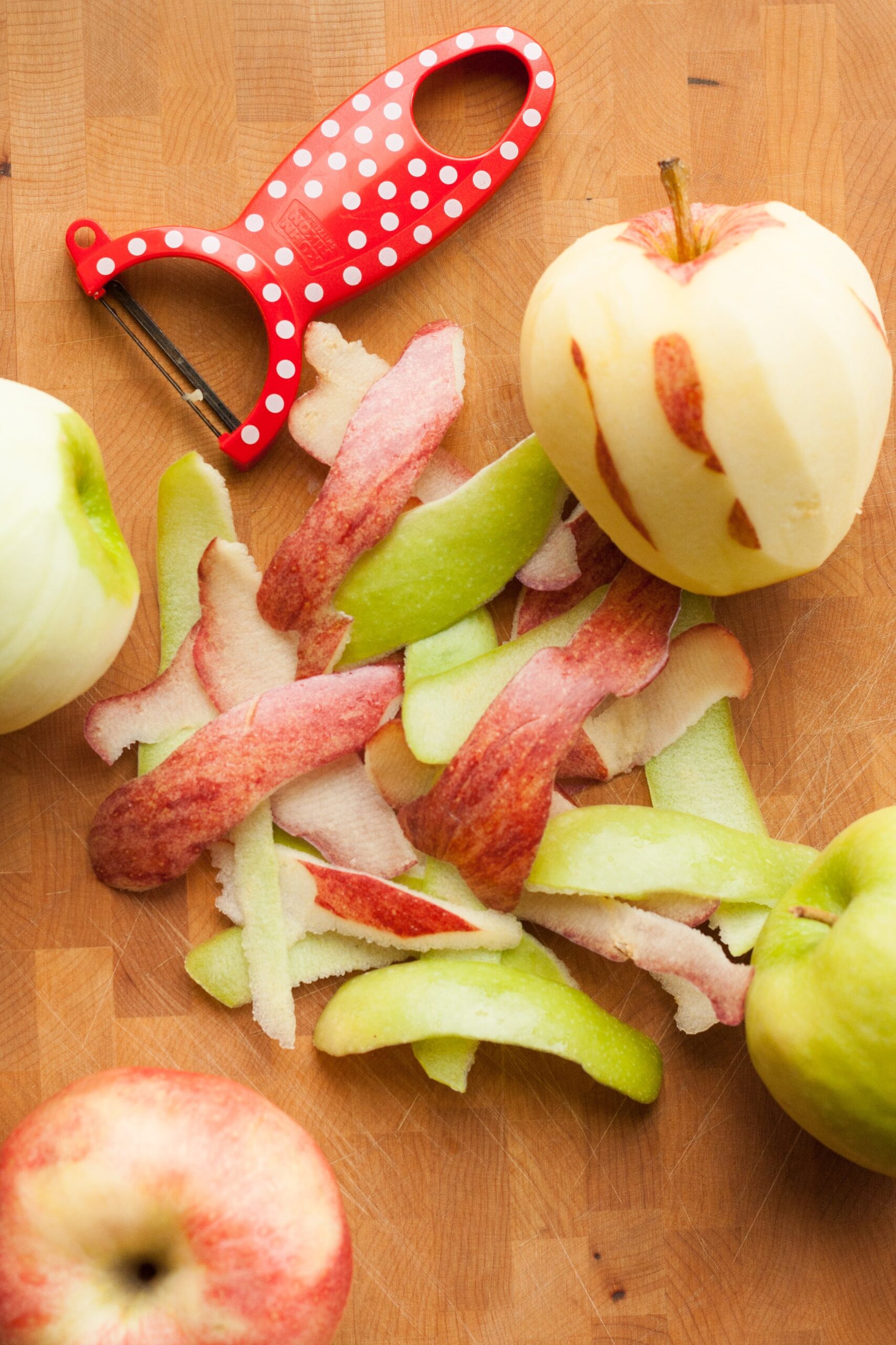
Using Overripe Apples in Beverages
Apple Cider
When life gives you overripe apples, make apple cider! This refreshing and comforting beverage is a wonderful way to use up those apples and enjoy a taste of autumn. To make apple cider, wash and roughly chop the overripe apples (seeds and stems removed, but no need to peel them). Place the apple chunks in a large pot along with some water, cinnamon sticks, cloves, and a sprinkle of brown sugar. Bring the mixture to a boil, then reduce the heat and let it simmer for a couple of hours, until the apples have softened and released their juice. Mash the apples with a fork or potato masher, then strain the mixture through a cheesecloth or fine mesh sieve to remove any solids. Serve the warm apple cider with a slice of orange or a cinnamon stick for added flavor.
Apple Smoothie
For a healthy and refreshing beverage, whip up an apple smoothie with your overripe apples. This nutritious drink is packed with vitamins and fiber, making it a perfect choice for breakfast or as a midday pick-me-up. Start by peeling, coring, and chopping the overripe apples. In a blender, combine the apples with your choice of liquid such as almond milk, yogurt, or coconut water. Add some spinach or kale for an extra boost of nutrients, as well as a dollop of nut butter, a sprinkle of cinnamon, or a drizzle of honey for added sweetness. Blend until smooth, then pour into a glass and enjoy this delicious and healthy treat.
Apple Infused Water
If you’re looking for a simple and refreshing way to use up overripe apples, try making apple-infused water. This infused water is a flavorful and hydrating option that can be enjoyed throughout the day. Begin by thinly slicing the overripe apples and removing the seeds. Place the apple slices in a pitcher or jar, then fill it with water. For additional flavor, consider adding a few slices of lemon or a sprig of mint. Cover the pitcher and refrigerate for a few hours to allow the flavors to infuse into the water. Serve the apple-infused water over ice for a refreshing and slightly sweet drink without any added sugars.
Preserving Overripe Apples
Freezing Apples
Freezing overripe apples is a great way to preserve their flavor and texture for later use in recipes. Start by peeling, coring, and slicing the apples. Toss the slices in a mixture of lemon juice and water to prevent browning. For a single layer of frozen apple slices, arrange them on a baking sheet lined with parchment paper and freeze until firm. Once frozen, transfer the apple slices to freezer-safe bags or containers and label them with the date. Frozen apples can be used in pies, cobblers, or smoothies without the need for thawing.
Canning Apples
Canning overripe apples allows you to enjoy their delicious taste long after the harvest season has ended. To start, peel, core, and slice the apples. In a large pot, combine water, sugar, and lemon juice. Bring the mixture to a boil, then add the apple slices and cook until they are tender. Carefully transfer the apple slices and hot liquid into sterilized canning jars, leaving about half an inch of headspace. Wipe the rims clean, place the lids and rings on the jars, and process them in a boiling water bath for the recommended time. Once properly sealed, store the canned apples in a cool, dark place for up to a year. These preserved apples can be used in pies, cakes, or enjoyed as a topping for yogurt or oatmeal.
Dehydrating Apples
Dehydrating overripe apples is an excellent way to create a healthy and portable snack that can be enjoyed year-round. Start by peeling, coring, and slicing the apples into thin slices. Arrange the slices on dehydrator trays, making sure to leave space between them for air circulation. Set the dehydrator to a low temperature (around 130°F or 54°C) and let the apples dry for several hours, or until they are leathery and no longer sticky. Alternatively, you can also dehydrate apples in your oven set to its lowest temperature. Once fully dried, allow the apple chips to cool before storing them in airtight containers or resealable bags. These dehydrated apples make for a nutritious snack on-the-go or can be used in granola, trail mix, or even as a topping for salads.
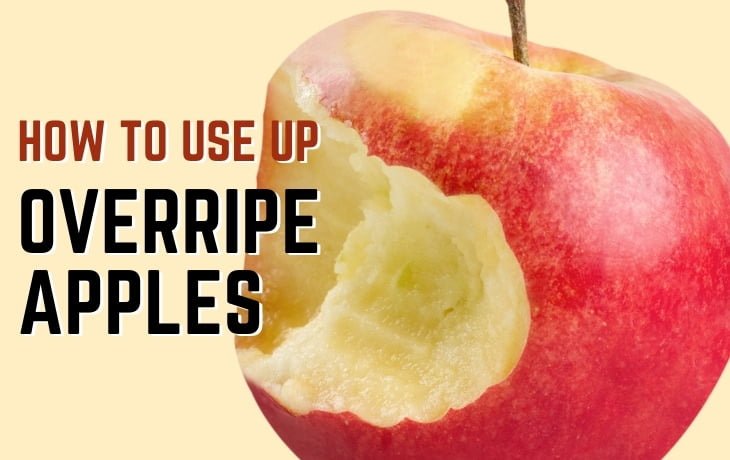
Feeding Livestock with Overripe Apples
Pigs
Overripe apples can be a tasty treat for pigs, making them a great way to repurpose your excess fruit. Pigs enjoy the natural sweetness of apples, and they provide a good source of vitamins and minerals. Before feeding apples to pigs, it’s important to cut them into bite-sized pieces to avoid any choking hazards. Also, be mindful of the quantity, as too many apples can upset the pig’s digestive system. Sharing your overripe apples with pigs not only reduces food waste but also adds variety to their diet, keeping them happy and healthy.
Cows
Cows can benefit from overripe apples as a nutritious addition to their diet. The high fiber content in apples can help stimulate their digestion, while the natural sugars provide a source of energy. Before feeding apples to cows, it’s important to cut them into smaller pieces to prevent choking. Additionally, it’s a good practice to introduce the apples gradually to their diet, as sudden changes can upset their stomachs. Offering overripe apples to cows can be a sustainable way to reduce food waste and provide them with a healthy treat.
Chickens
Chickens are known to love overripe apples, and they can be a great addition to their diet. Not only do apples provide valuable nutrients, but their skin and flesh can also enhance the vibrant color of the yolks in eggs. Before giving apples to chickens, it’s important to chop them into smaller pieces to prevent any choking incidents. Chickens will eagerly peck at the apples, consuming both the flesh and the seeds. Ensuring that the apples are washed and free of any pesticides is important to maintain the health of the chickens. Sharing your overripe apples with chickens is a sustainable way to provide them with a nutritious and delicious snack.
Composting Overripe Apples
Setting Up a Compost Bin
Composting overripe apples is an eco-friendly way to dispose of them and nourish your garden at the same time. To set up a compost bin, choose a location in your yard that receives partial sunlight and is easily accessible. Start by selecting a compost bin or building one using materials such as wood, wire mesh, or plastic. Ensure that the bin has proper drainage and ventilation to promote decomposition. Layer the bottom of the bin with twigs or straw to create airflow, then add a mixture of green materials (such as overripe apples) and brown materials (such as dried leaves or shredded newspaper). Aim for a balance of carbon-rich materials (browns) and nitrogen-rich materials (greens) to maintain a healthy composting process.
Adding Apples to Compost
Overripe apples are a valuable addition to a compost pile. They provide nitrogen, moisture, and organic matter that contribute to the breakdown of other compostable materials. Chop the apples into smaller pieces, removing any stickers or non-compostable parts, before adding them to the compost bin. Layer them with other green and brown materials, alternating between wet and dry components, to create a well-balanced compost pile. Turning the compost regularly and ensuring that it stays moist will help facilitate the decomposition process.
Benefits of Composting Apples
Composting overripe apples offers several benefits for both the environment and your garden. By composting apples and other organic waste, you reduce the amount of waste sent to landfills, minimizing greenhouse gas emissions. The resulting compost can be used to enrich the soil in your garden, providing essential nutrients for plants and improving their overall health. Compost helps retain moisture, reduces soil erosion, and promotes beneficial microbial activity. By composting your overripe apples, you contribute to a more sustainable and healthy gardening practice.
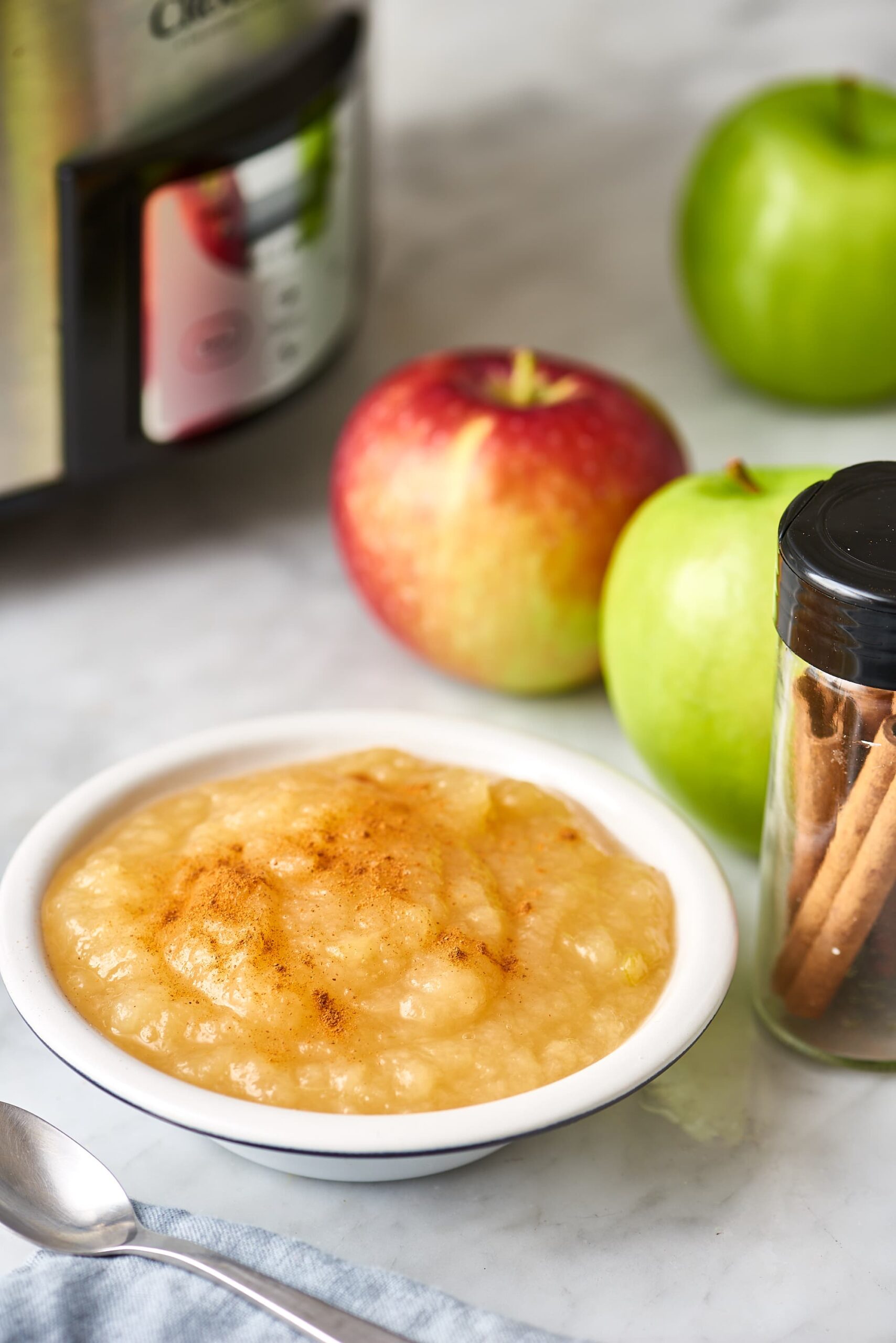
Creating Natural Beauty Products with Overripe Apples
Apple Face Mask
Overripe apples can be transformed into a revitalizing face mask that nourishes the skin and leaves it feeling refreshed. To make an apple face mask, peel and core the apples, then blend them until you achieve a smooth puree. Add a teaspoon of honey, a tablespoon of plain yogurt, and a squeeze of lemon juice to the apple puree. Mix well to combine all the ingredients. Apply the mask to your cleansed face, avoiding the eye area, and leave it on for 10-15 minutes. Rinse off with warm water and pat your face dry. This apple face mask helps hydrate the skin, brighten the complexion, and is particularly beneficial for dull or dry skin.
Apple Hair Rinse
Using overripe apples as a hair rinse can give your locks a natural shine and promote a healthy scalp. To make an apple hair rinse, peel and chop the apples, then place them in a saucepan with enough water to cover. Bring the mixture to a boil, then reduce the heat and let it simmer for about 20-30 minutes, until the apples are soft. Remove the pot from the heat and let it cool, then strain the liquid and discard the solids. After shampooing and conditioning your hair, pour the apple rinse over your scalp and hair, making sure to massage it in thoroughly. Leave it on for a few minutes, then rinse with cool water. The apple hair rinse helps balance the pH of the scalp, add shine to the hair, and can even minimize dandruff.
Apple Lip Scrub
To create a homemade lip scrub using overripe apples, start by peeling and finely chopping the apples. In a small bowl, combine the chopped apples with a teaspoon of brown sugar and a tablespoon of coconut oil. Mix everything together until you have a coarse paste. Gently rub the apple lip scrub onto your lips in a circular motion for a minute or two, then rinse it off with warm water. The sugar acts as a natural exfoliant, removing dead skin cells, while the apple and coconut oil moisturize and nourish the lips. This simple and natural lip scrub will leave your lips feeling smooth, soft, and refreshed.
Using Overripe Apples for Natural Cleaning Solutions
Apple Vinegar Cleaner
Overripe apples can be transformed into a natural and effective cleaning solution when combined with vinegar. To make an apple vinegar cleaner, peel and chop the apples and place them in a clean, glass jar. Pour enough white vinegar over the apples to submerge them completely. Seal the jar with a lid and let it sit for a few weeks in a cool, dark place, shaking it occasionally. After the infusion period, strain the liquid into a spray bottle, and dilute it with equal parts water. This apple vinegar cleaner can be used to clean surfaces in your home, such as countertops, windows, and mirrors. The natural acidity of the vinegar and the pleasant apple scent make this cleaner a great alternative to harsh chemicals.
Apple Peel All-Purpose Cleaner
Don’t throw away those apple peels just yet! They can be repurposed into a versatile all-purpose cleaner that is both eco-friendly and budget-friendly. After peeling the apples, place the peels in a large pot and cover them with water. Bring the mixture to a boil, then simmer for about 20-30 minutes. Allow the liquid to cool, then strain it into a spray bottle. This apple peel cleaner can be used to clean various surfaces in your home, such as countertops, sinks, or even floors. The natural enzymes and acids present in the apple peels help break down dirt and grime, leaving your home clean and smelling fresh.
Apple Pulp Scrub
If you’ve already made apple sauce or apple butter, don’t let the leftover pulp go to waste. Turn it into a natural and gentle scrub that can be used for cleaning hands, dishes, or even removing stains. Mix the apple pulp with baking soda to create a paste-like consistency. You can also add a few drops of lemon juice or vinegar for added cleaning power. Gently rub the apple pulp scrub onto your hands or the surface you wish to clean, then rinse with water. The natural enzymes in the apples and the gentle abrasiveness of baking soda help remove dirt and grime effectively, making this homemade scrub a convenient and eco-friendly cleaning solution.
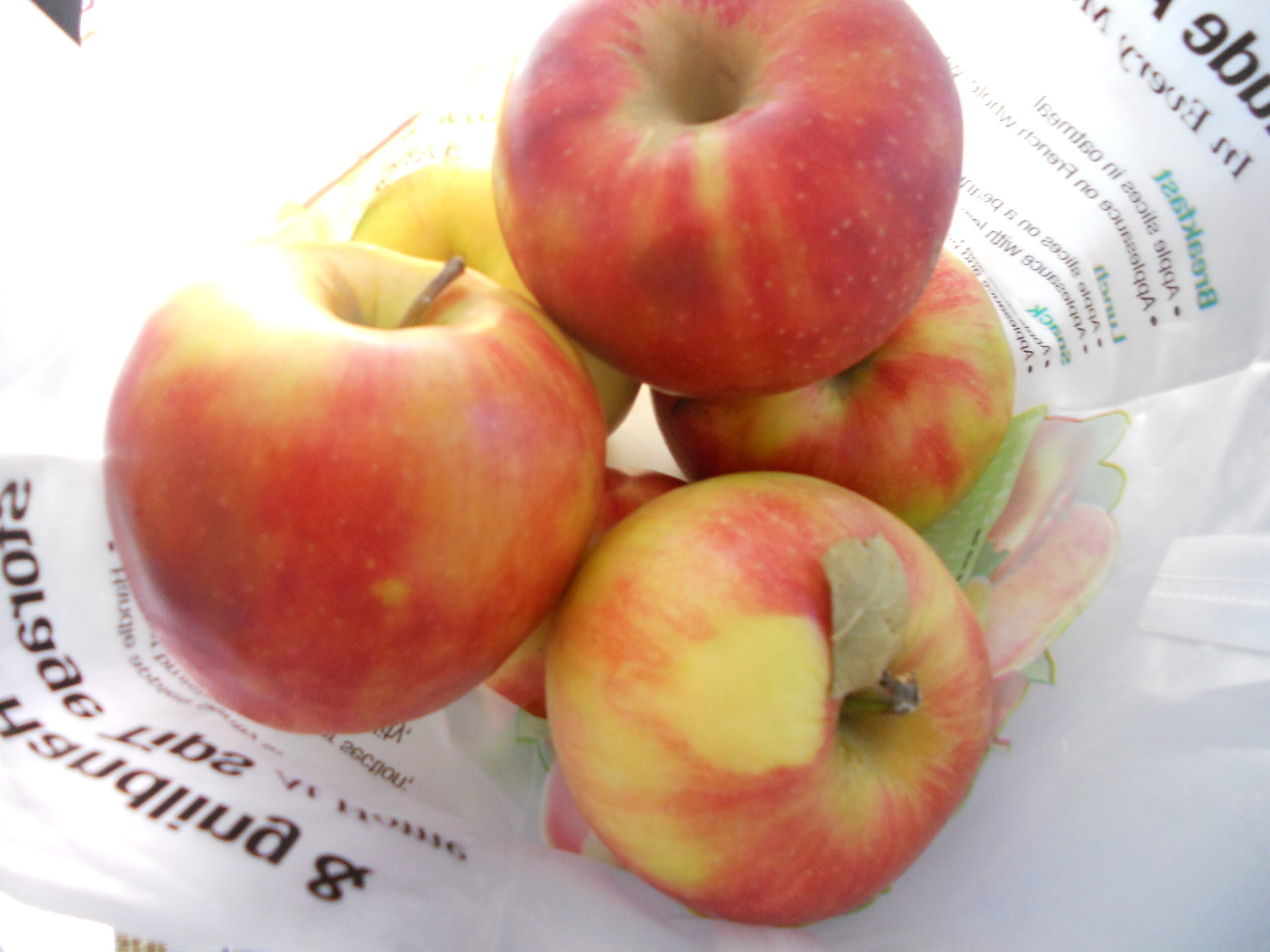
Donating Overripe Apples
Local Food Banks
If you find yourself with an abundance of overripe apples, consider donating them to local food banks. Many food banks accept fresh produce donations and distribute them to individuals and families in need. Overripe apples can be a valuable addition to food bank donations, providing a nutritious and tasty treat for those who may not have access to fresh fruits regularly. Check with your local food bank to find out their donation guidelines and drop-off locations, ensuring that your overripe apples reach those who can benefit from them.
Homeless Shelters
Overripe apples can make a meaningful contribution to homeless shelters and organizations that support individuals experiencing homelessness. These shelters often prioritize providing nutritious meals to those in need, and fresh fruits like apples can greatly enhance the nutritional value of their offerings. Contact homeless shelters or community organizations in your area to inquire about their donation policies and if they can accept fresh produce donations. Your overripe apples can help provide a healthy and delicious snack or ingredient for meals, making a positive impact on the lives of individuals facing food insecurity.
Community Centers
Community centers play a crucial role in supporting diverse communities and can also be a great avenue for donating overripe apples. These centers often offer various programs and services, including meals and activities for community members. Donating your excess apples to community centers can benefit children, families, and individuals who frequent these spaces. Reach out to local community centers and inquire about their donation policies and preferences. By sharing your overripe apples with community centers, you contribute to fostering a sense of belonging and enhancing the well-being of the community as a whole.
Attracting Wildlife with Overripe Apples
Squirrels and Chipmunks
Overripe apples can attract squirrels and chipmunks to your yard, providing them with a natural food source and an opportunity for observation. Place the apples in a designated area or hang them on tree branches using string or wire. The scent and sweetness of the apples will entice these small mammals, and you can enjoy watching them indulge in their newfound treat. This can also be an excellent opportunity for nature photography or simply appreciating the beauty of wildlife in your surroundings.
Birds
Birds are also attracted to overripe apples, making them a wonderful addition to your backyard bird feeding routine. Cut the apples into halves or quarters and place them on bird feeders or directly on the ground. Different bird species, such as robins, bluebirds, or woodpeckers, may visit your yard to enjoy the fruit. Apples not only provide birds with a nutritious snack but also offer an opportunity for birdwatchers to observe their feeding habits and enjoy the vibrant colors of these feathered visitors.
Deer
If you live in an area where deer roam freely, overripe apples can serve as a natural attractant for these majestic creatures. Place the apples on the ground or hang them from low branches within the deer’s reach. The sweetness of the apples will draw deer to your yard, providing an opportunity to observe them up close. Keep in mind that deer should be appreciated from a safe distance and that feeding them should be done responsibly, in moderation, and in accordance with local regulations.
In conclusion, there is a multitude of creative and useful ways to make use of overripe apples. Whether you choose to bake them into delicious desserts, transform them into natural beauty products, or share them with wildlife or those in need, overripe apples can be repurposed in a variety of ways. Take advantage of the abundance of apples and explore the possibilities that these versatile fruits offer – from mouthwatering culinary creations to sustainable solutions for your household and community. Step into the world of creativity and resourcefulness with overripe apples, and enjoy the fruits of your efforts in every sense!
